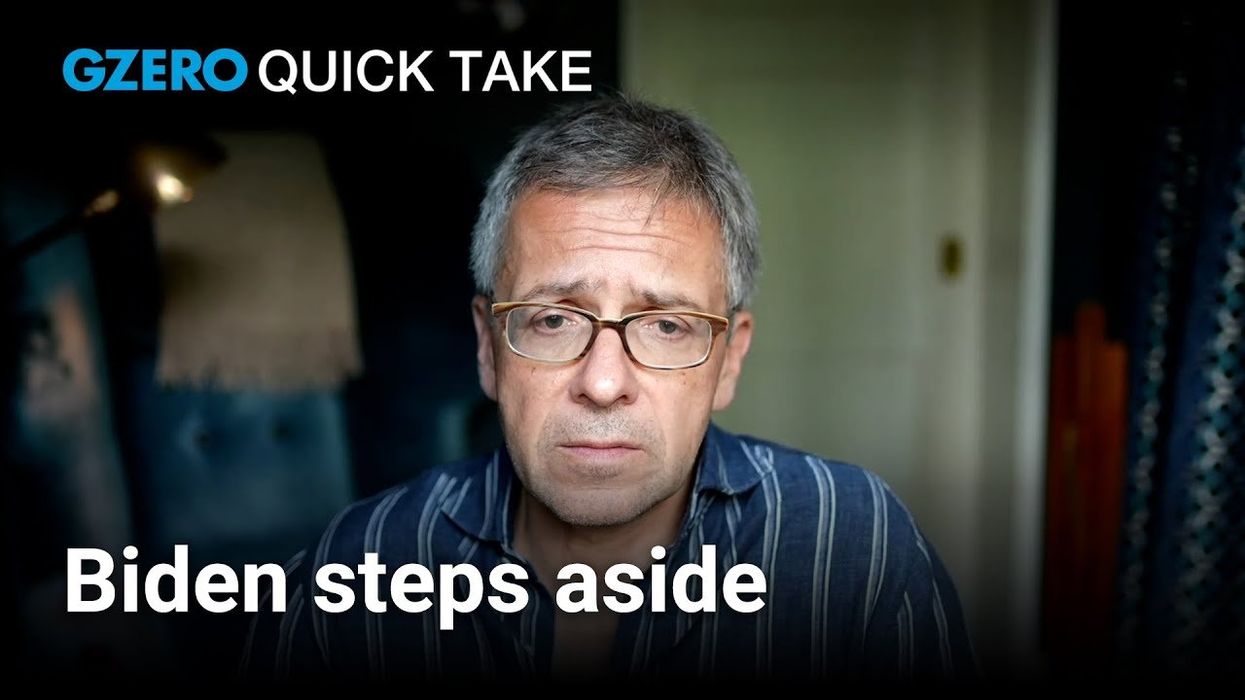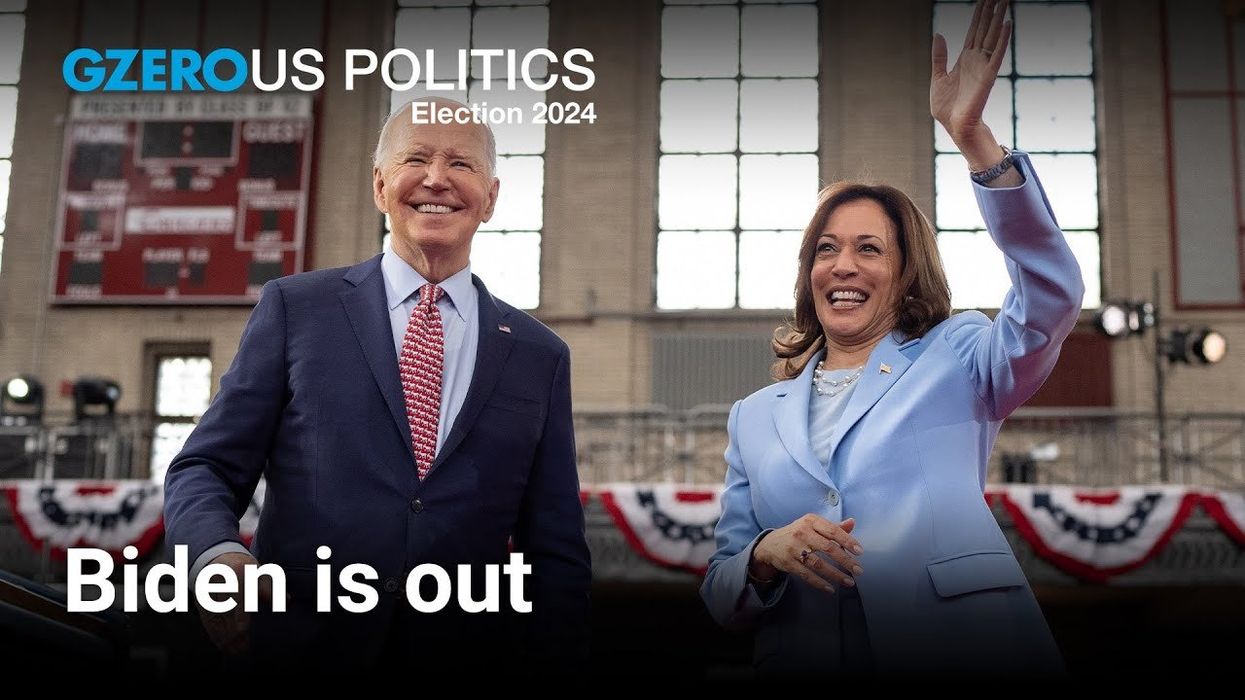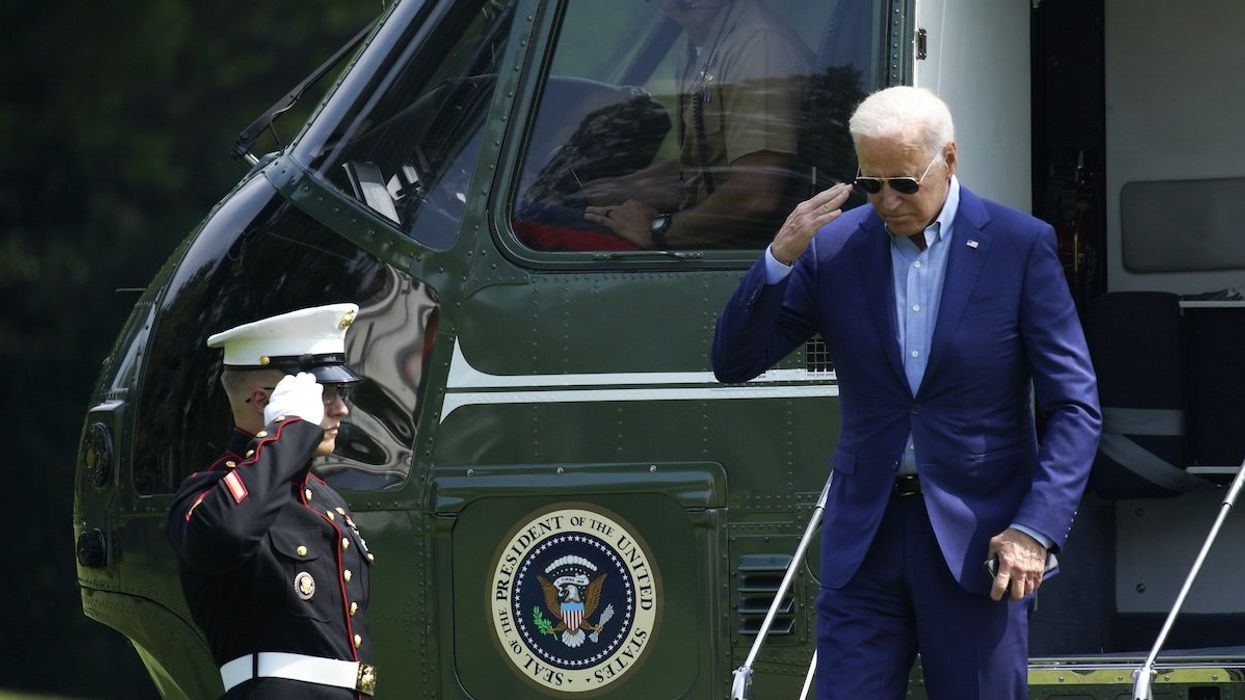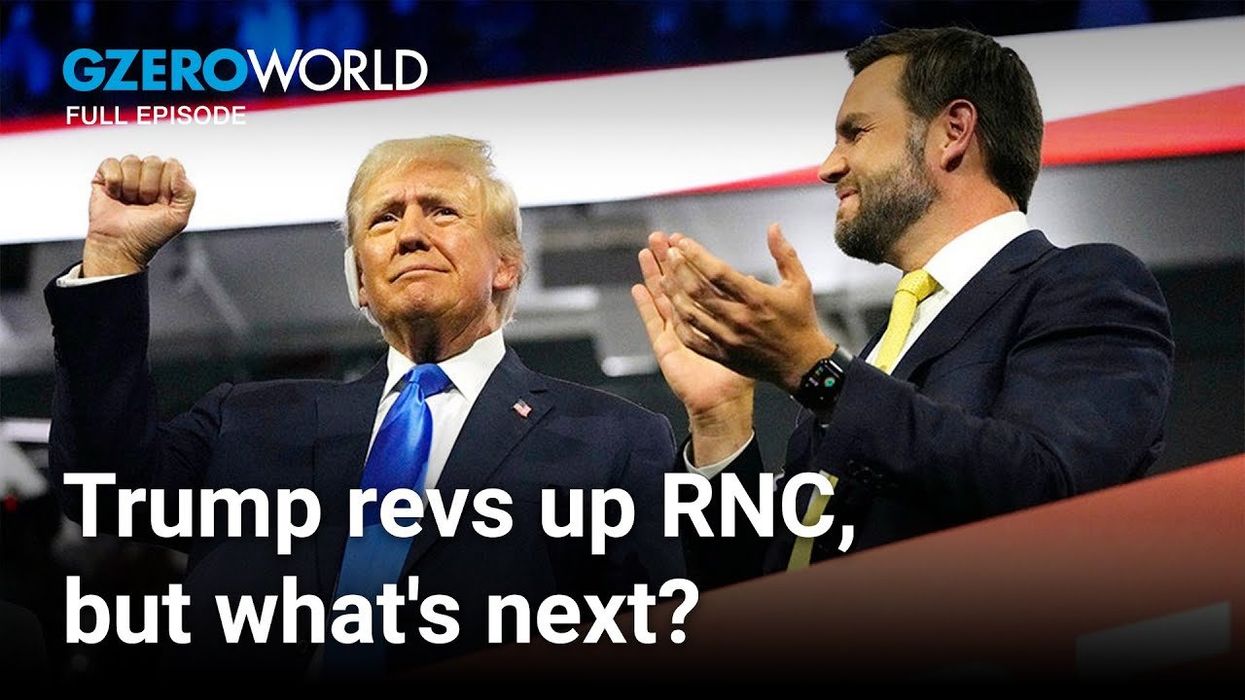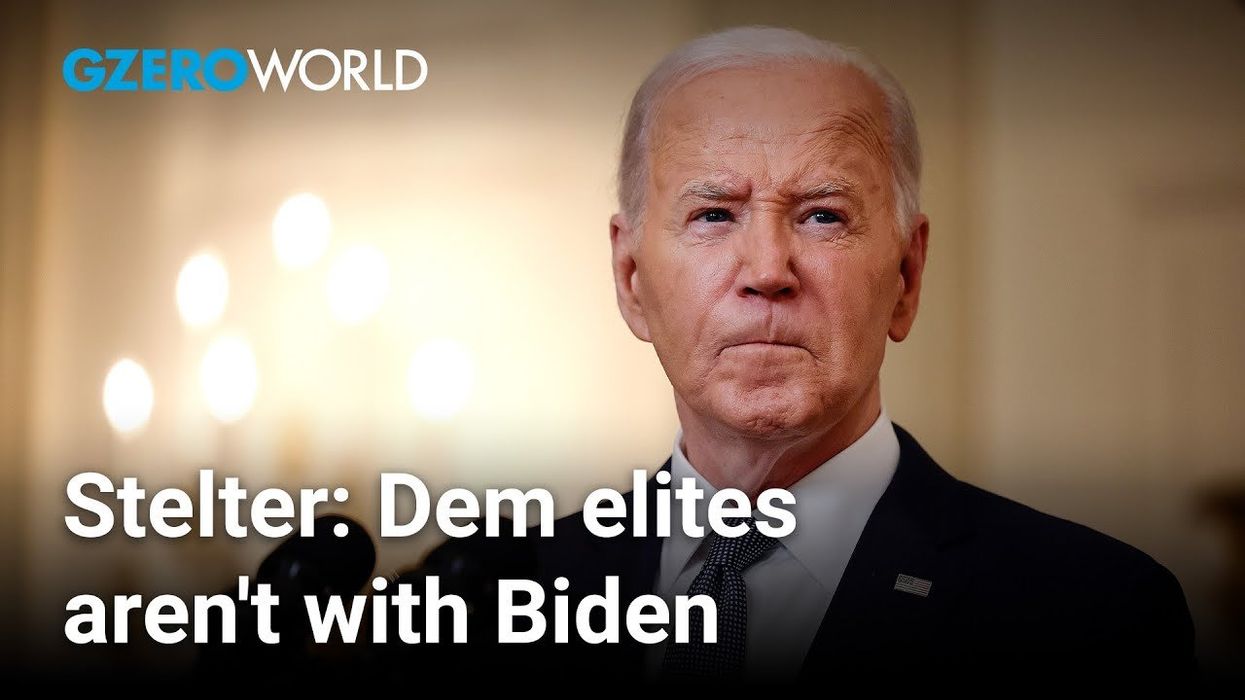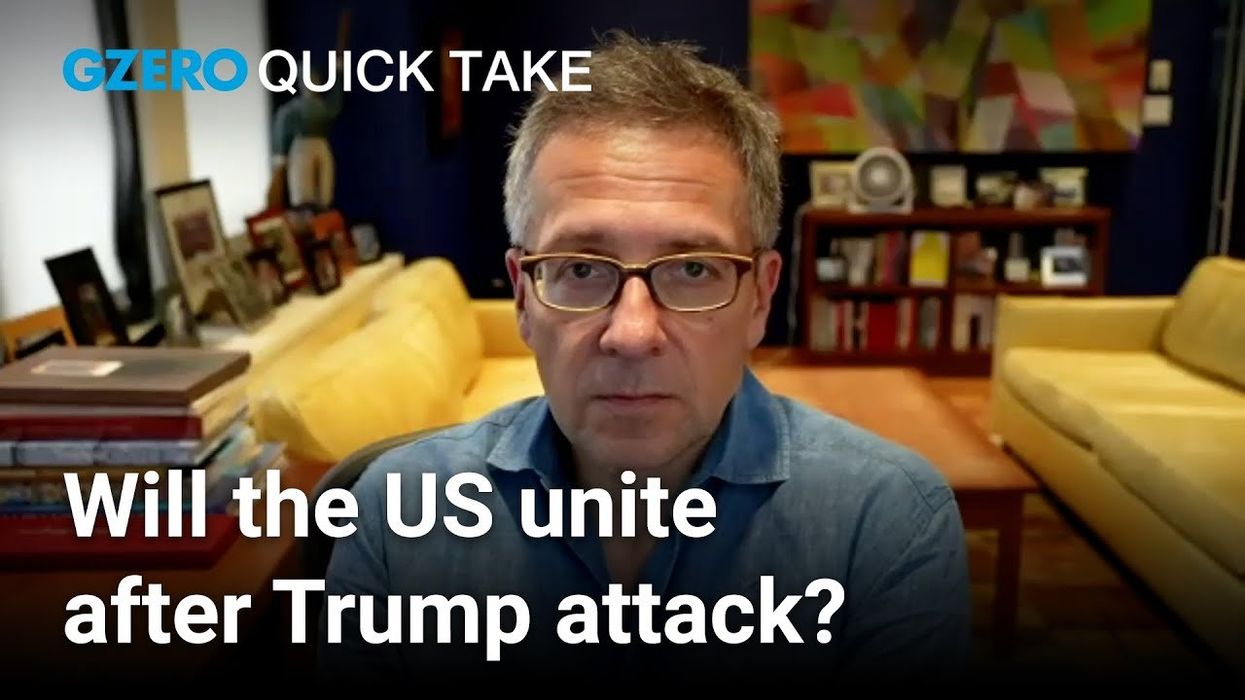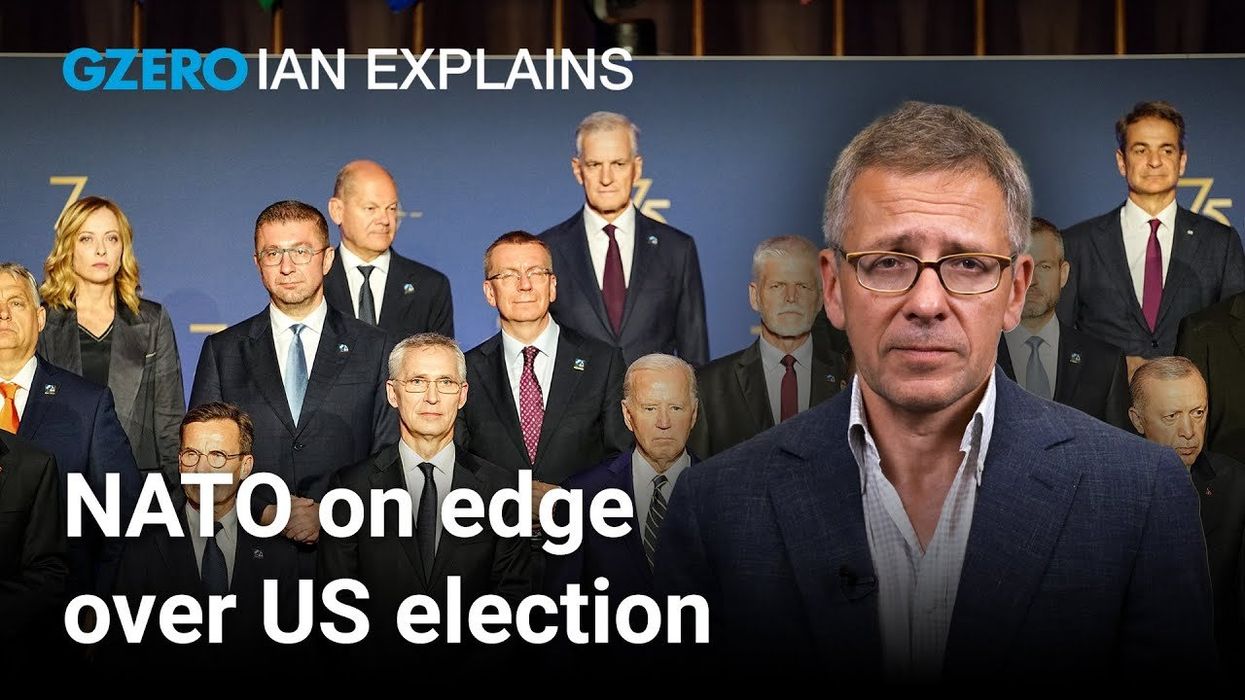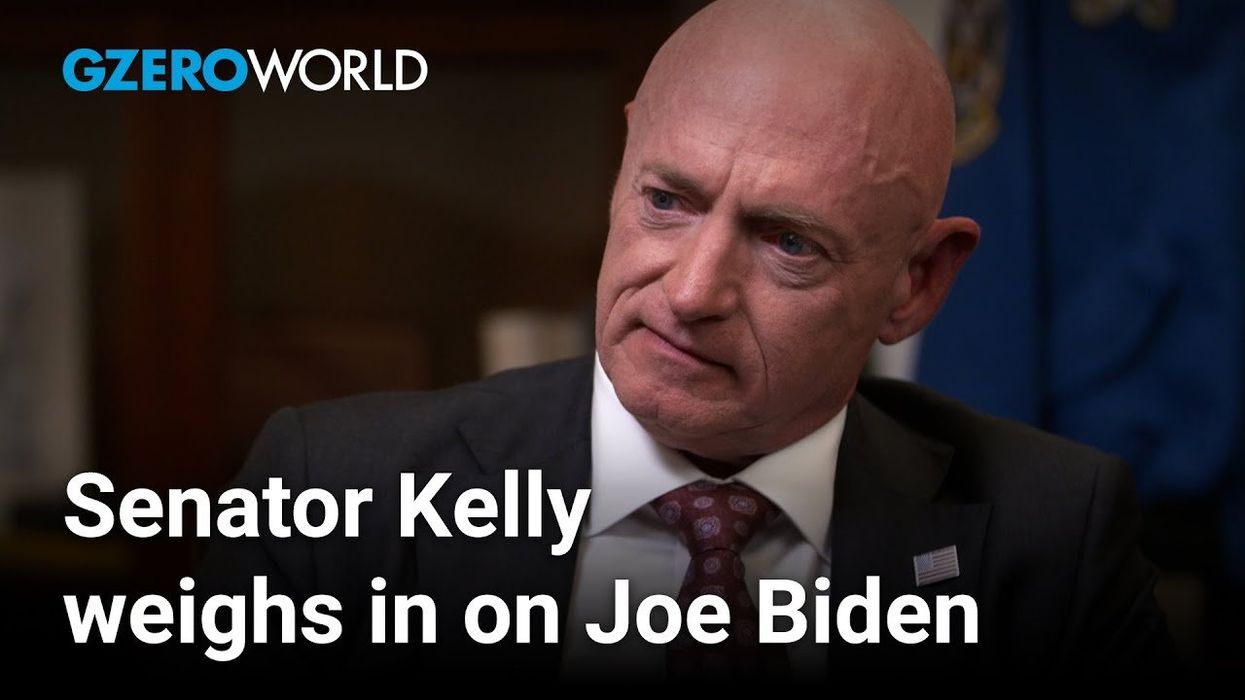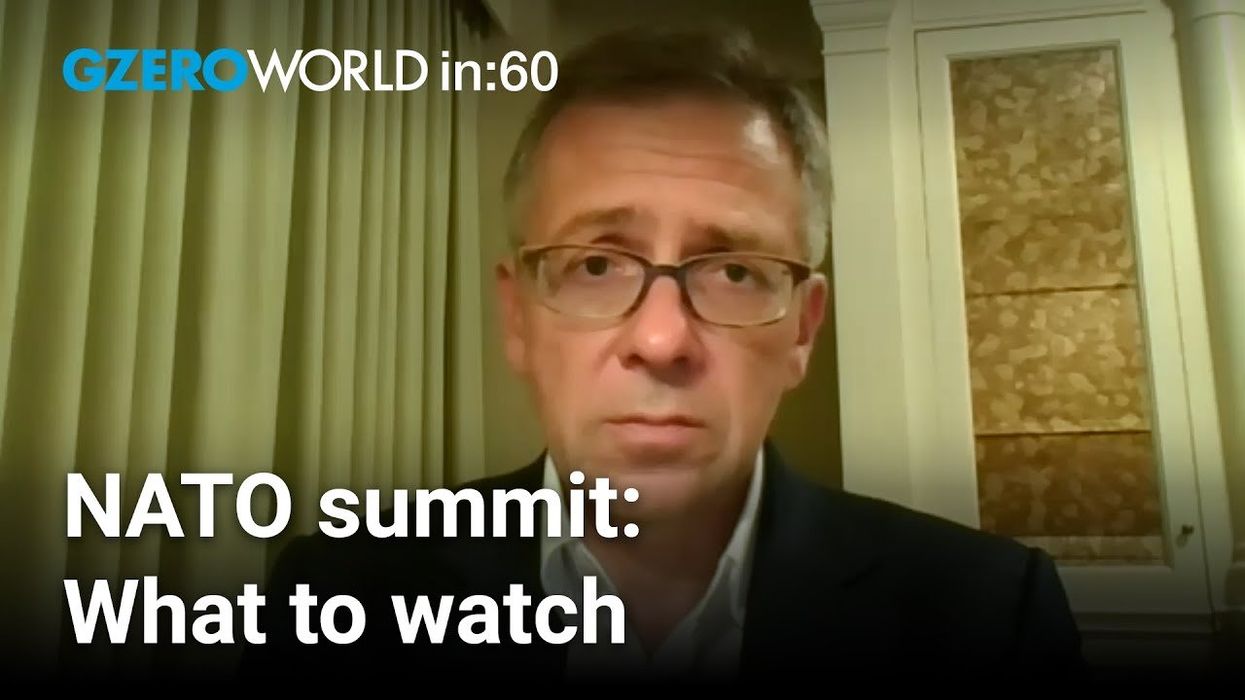Quick Take
Biden steps aside
Ian Bremmer's Quick Take: Biden dropping out of the presidential race is yet another extraordinary moment in the most extraordinary week in US politics Ian Bremmer has ever seen. What does this mean for the Dems, Trump, and the election?
Jul 21, 2024
